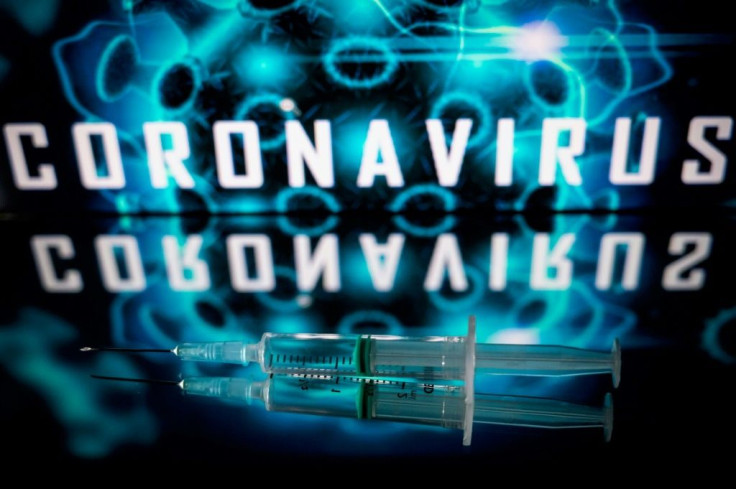New App Could Detect COVID-19 By Listening To Coughs
KEY POINTS
- MIT researchers created a new AI designed to detect COVID-19 infections
- The AI uses forced-cough recordings for its analyses
- The researchers are trying to incorporate the AI into a new mobile app
Researchers have developed an AI capable of detecting COVID-19 in a person simply by listening to and analyzing their cough.
As COVID-19 spread throughout the world, health organizations, tech companies and governments scrambled to find ways to detect it, prevent its spread and cure those who are affected by it. Their testing methods to confirm those who are positive for the virus and their contact tracing technologies help prevent its spread.
Now, a new AI created by a team of scientists at the Massachusetts Institute of Technology (MIT) will add to the arsenal a new way to detect the virus. This new method will not require much – all it needs is for people to force themselves to cough.
Differences in coughing
The researchers told MIT News that while asymptomatic people who are infected with COVID-19 do not show obvious signs of being infected, they “may not be entirely free of changes wrought by the virus.” The virus actually changes the way they cough even if they are asymptomatic, the researchers said.
In a paper published in the IEEE Journal of Engineering in Medicine and Biology, the researchers disclosed that the new AI is capable of deciphering these changes and can differentiate between the coughs of those who have tested positive and negative for COVID-19.
How it works
The researchers trained the AI using tens of thousands of samples – forced-cough recordings that people submitted through internet browsers, mobile phones and laptops. These samples included those coming from people who tested positive for COVID-19, whether symptomatic or asymptomatic, and recordings from those who tested negative.
The AI was able to identify those who have COVID-19 98.5% of the time. It was also able to identify those who have tested positive and were asymptomatic with 100% accuracy.
Now, the researchers are working on incorporating the AI into a user-friendly mobile app that, if and when approved by the FDA and used widely, can help detect asymptomatic infections and prevent the spread of the virus.
The researchers, however, noted that while the AI can help in detection, users should still confirm the diagnosis through formal testing.
“The effective implementation of this group diagnostic tool could diminish the spread of the pandemic if everyone uses it before going to a classroom, a factory, or a restaurant,” Brian Subirana, a research scientist in MIT’s Auto-ID Laboratory and a co-author of the paper, said.

© Copyright IBTimes 2025. All rights reserved.



















